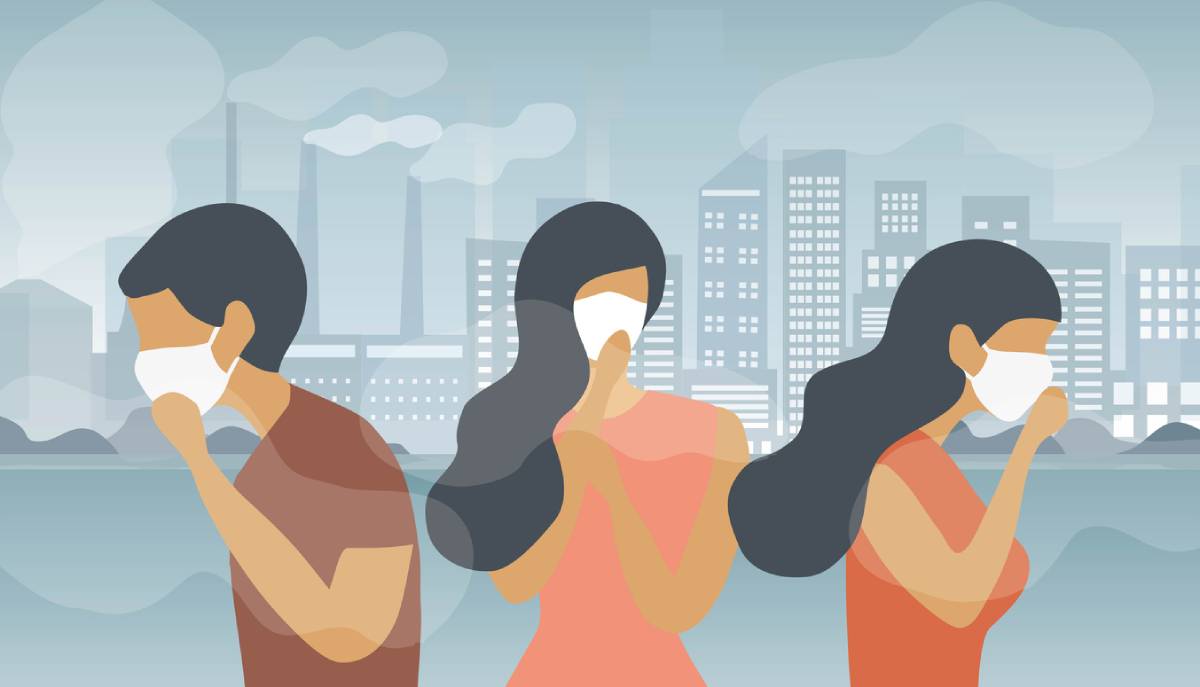Air pollution is a serious public health concern due to the impact it can have on your health. This is especially significant for those who live in urban areas. Roughly 90% of people living in urban areas are negatively affected by air pollution. Understanding air pollution and its effects on lungs is important so you can take preventative measures to protect yourself.
Understanding Air Pollution and Its Effects on Lungs
Air pollution refers to the presence of harmful substances in the air. The quality of the air you breathe is important, as pollution can harm your lungs. Pollutants come from a variety of sources and are often most dense in urban areas. Vehicles, factories, power plants, and wildfires can cause serious issues when it comes to air quality. This can lead to serious issues with your lungs as it can cause cancer, heart disease, and other respiratory issues. If you live in an urban area, or any area with high amounts of pollutants, it’s important to consult with an expert in pediatric pulmonology. They can address any pollution-related health issues and provide you with steps to care for your lung health.
Impact of Air Quality on Your Lungs
Understanding the negative impact air quality can have on your lungs is important. Consider the following ways pollution can impact your lung health.
Weakened Immune System:
Exposure to air pollution can put you at an increased risk for respiratory infections. It damages your cells and makes it easier for harmful illnesses to impact your health. This is because air pollution weakens your immune system and makes it much more difficult to fight off infections.
Inflammation:
Breathing polluted air can irritate your lungs and cause inflammation. This is because pollutants damage the delicate tissue in the lungs, which triggers a response from your immune system. This response results in inflammation and can lead to serious respiratory issues, such as asthma.
Reduced Lung Function:
Continued exposure to air pollution can reduce the function of your lungs over time. This is because pollution impacts your lung tissue and causes inflammation, which can make it hard to breathe. Decreased lung function can also result in an increased risk for respiratory infections.
Lung Tissue Damage:
Air pollution can cause lung tissue damage as it penetrates deep into the tissue and cells when you breathe it in. Continued exposure can cause damage as scar tissue can form. When scar tissue forms, it can make it much more difficult to breathe.
Developmental Issues:
Air pollution during pregnancy or childhood can lead to developmental issues in the lungs. This can make it difficult to breathe and increase your risk for respiratory issues in the future.
Steps to Protect Your Health From Air Pollution
While you cannot fully prevent illnesses caused by pollution, there are effective ways to protect yourself. Consider the following steps to implement to protect yourself from pollution-related health issues.
Seek Medical Support:
If you think that your health has been impacted by air pollution, consult with a Long Island pediatric pulmonologist. They can diagnose the issue and customize a treatment plan based on your unique needs. They can also provide you with recommendations on how to improve your lung health.
Check Air Quality:
Check the air quality index (AQI) daily. This can help you determine how much time you will spend outside and even how you will get to where you need to go. Avoid the outdoors when the air quality is low.
Home Modifications:
Regularly cleaning your home can help reduce the number of air pollutants. It’s important to use non-toxic cleaning products when cleaning at home. Additionally, using an air purifier can help remove pollutants from your home.

